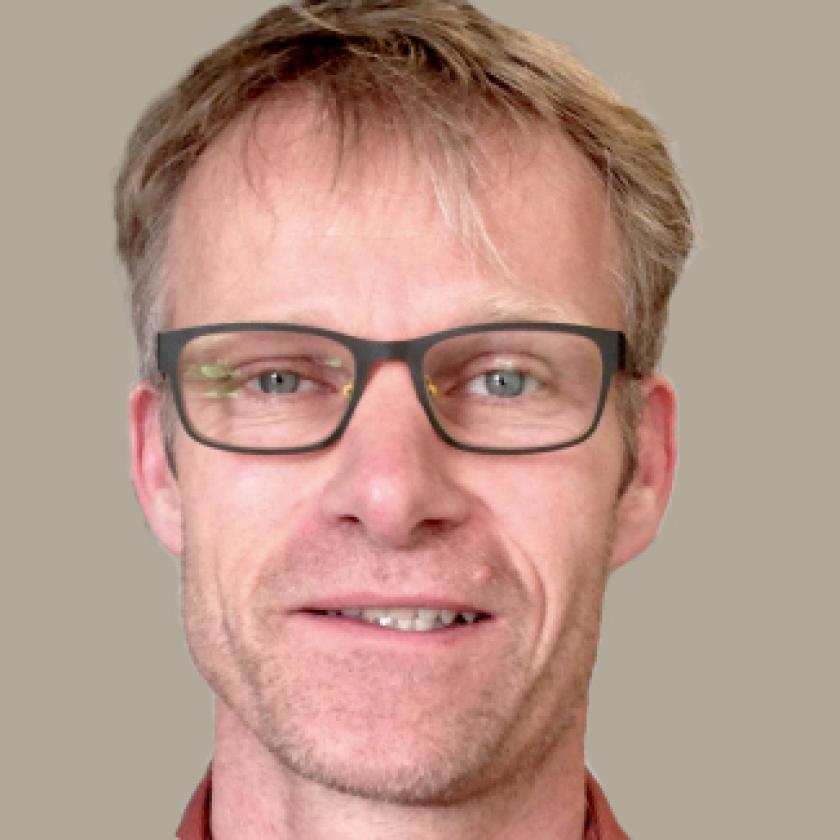Trustworthy Computational Science Speaker Series: Albert Kettner

Albert Kettner, associate research professor at the University of Colorado and associate director of the Institute of Arctic and Alpine Research (INSTAAR) at CU-Boulder, will present "CSDMS: Advancing Research in the Geosciences by Supporting Finding, Accessing, Operating and Coupling Model Integration Tools for Reproducible Science."
Abstract: The Geosciences modeling community has made significant progress. Prior to the turn of the century, it was rare for numerical models to be publicly available. Through collaboration with publishers, science foundations, as well as through technological advancements, this culture shifted to the extent that FAIR principles (Findable, Accessible, Interoperable, and Reusable) are now being embraced for numerical models as well. After all, the rationale behind the FAIR principles for data applies equally effectively to numerical models. Tasks involved in working with numerical models include replicating previous findings, applying existing models to new problems or locations, integrating models and/or data operations in a sequential workflow, coupling models to investigate feedback loops, enhancing model code with new algorithms or features, and creating new models. Implementing FAIR principles can improve the efficiency of each of these tasks. The Community Surface Dynamics Modeling System (CSDMS), a cyberinfrastructure facility supported by NSF that facilitates research in earth-surface geoscience, employs various approaches to advocate for and promote FAIR principles in the development, application, and dissemination of numerical models, that I will highlight in this presentation. Additionally, the CSDMS community stands at another pivotal moment where efforts are being made to promote techniques for publishing reproducible and transparent modeling research. Reproducibility constitutes a fundamental facet of scientific inquiry, yet it is not consistently acknowledged in individual numerical studies. Consequently, reproducibility and transparency appear to be more of an anomaly. I will outline collaborative strategies for promoting reproducibility and transparency in numerical modeling within the geosciences community.
Albert Kettner is an associate research professor at the University of Colorado and associate director of the Institute of Arctic and Alpine Research (INSTAAR) at CU-Boulder. He also directs DFO – Flood Observatory, an entity at the University of Colorado that observes surface water changes (like flood disasters) by utilizing satellite data. Kettner received a PhD in civil engineering and geosciences (2007) at Delft University of Technology, the Netherlands where he studied local and global fluvial supply dynamics to the coastal zone. With numerical models he investigates the impact of long-term climate and sea-level controls on riverine water and sediment fluxes and how these fluxes change over time. On shorter timescales, Kettner focuses on anthropogenic changes (e.g. altering of land use and placement of reservoirs) and how these impact water discharge and sediment flux. Kettner has been from the start (2006) intimitly involved in the numerical modeling facility, Community Surface Dynamics Modeling System (CSDMS) at the University of Colorado, USA, which is the numerical modeling integration facility for geosciences supported by the U.S. National Science Foundation. He is an active advocate of free available, open source code of numerical models for Earth Surface processes.
This series, open to the public, is hosted by the Center for Informatics Research in Science and Scholarship (CIRSS). For the Spring 2024 schedule and access to previous talks, visit the Trustworthy Computational Science website. If you are interested in this speaker series, please subscribe to our speaker series calendar: Google Calendar or Outlook Calendar.
Questions? Contact Janet Eke
This event is sponsored by Center for Informatics Research in Science and Scholarship